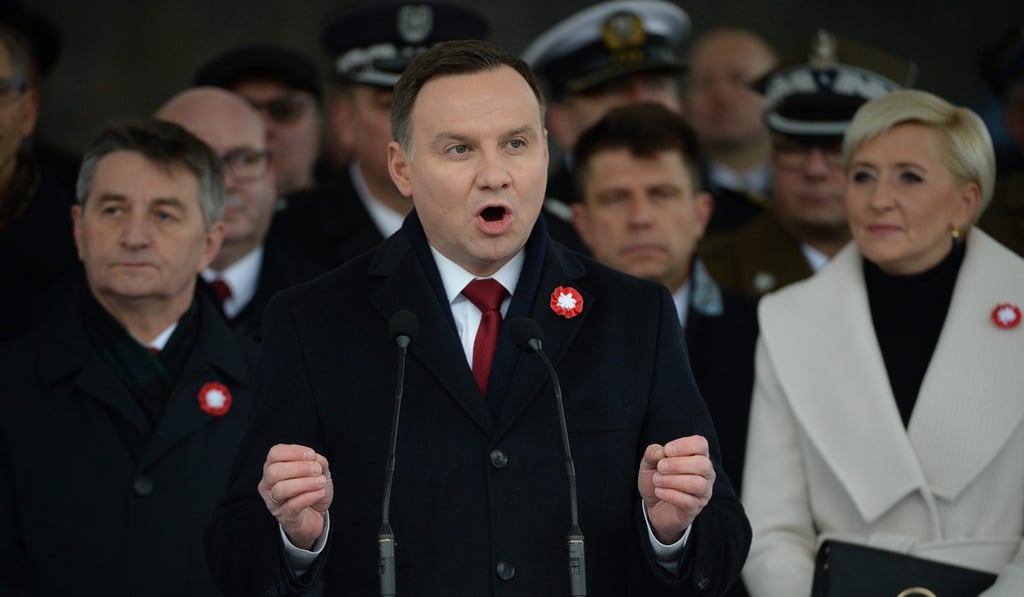Poland’s Holocaust law is about much more than anti-Semitism
Josef Gregory Mahoney and Piotr Sochon say that behind Poland’s controversial new law lurk some disturbing suspicions regarding the country’s Jewish community – but also anti-EU and anti-German sentiment, not to mention nationalist and economic concerns over potential Holocaust reparations

While anti-Semitism is a growing concern in Poland, many of the law’s supporters are not anti-Semitic. The very swift and vocal opposition from Israel caught many Poles off guard and put them on the defensive. This is true both among the multitudes who observe each year the Warsaw Ghetto Uprising by wearing yellow daffodils on their lapels, and in all likelihood includes others like Polish President Andrzej Duda, whose wife is the daughter of a well-known Jewish writer – despite the fact that he is closely associated with Law and Justice (known as PiS, the abbreviation for its name in Polish), the party currently in power and which passed the bill.
Nevertheless, the term “Jewish communism”, first used in the 19th century as a slur against Karl Marx’s ethnic background, has acquired contemporary, post-communist currency in some popular, non-official discourses, particularly among some supporters of PiS and others on the right. This term is linked to historical memories of what many Poles consider to be Poland’s second great tragedy, its domination by the Soviet Union following German defeat in the second world war.
Relatedly, some rightists believe that “Jewish people have betrayed Poland three times”: first, they are blamed for cooperation with the Soviets; second, for being Zionists and betraying the Soviet bloc in 1968; and, third, for corrupting the new politics that emerged in 1989, insomuch as some of the leaders who helped usher in that new period and a constitution were Jewish and are now targeted by some on the right, including prominent PiS leaders.
Indeed, perhaps the real aim here is to delegitimise the politics of 1989 in order to build a durable supermajority capable of passing a new constitution that would give PiS far-reaching powers, one of which would be complete “democratic control over the judiciary”.

American white nationalist Richard Spencer banned by 26 European countries
